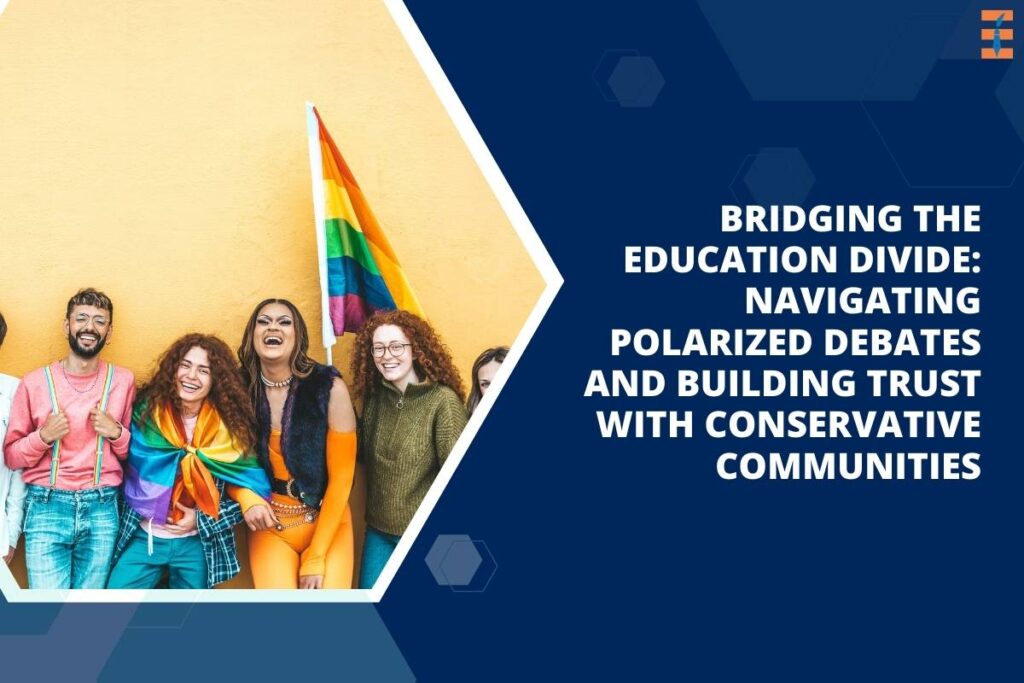In the complex landscape of education, where ideologies often clash, bridging the gap between differing viewpoints has become paramount. Recent years have witnessed heated debates on issues such as CRT, SEL, DEI, gender identity, and more, creating rifts between conservative communities, particularly in red and purple communities. This divide has underscored the need for education leaders to navigate these polarized waters and build trust with conservative communities, a challenge that requires thoughtful strategies and principled engagement.
The fundamental question of what constitutes “putting politics aside” in education is not a simple one. Politics, in essence, is the mechanism through which public disagreements are resolved, and education, as a public institution funded by taxpayers, is inherently political. This reality has become more evident as contentious issues permeate school environments, prompting leaders to seek ways to connect with and address concerns from conservative perspectives.
One key aspect of bridging this divide is acknowledging and respecting the diversity of perspectives within the educational community. Education leaders must ensure that all voices, including those from conservative backgrounds, feel valued and heard. This involves critically evaluating the narratives and ideologies presented in educational settings to avoid alienating or marginalizing certain groups.
Embracing Diversity in Education
The tendency to lean towards certain ideological positions in professional development sessions or workshops can inadvertently exclude conservative viewpoints. Leaders must strive for inclusivity by vetting speakers and content to foster constructive dialogue rather than perpetuate divisive rhetoric. Respecting differing opinions, even when they challenge prevailing norms, is essential for building trust and fostering collaboration within communities.
Central to building trust with conservative communities is transparent and open communication, especially regarding sensitive issues like curriculum content or student well-being. While educators may have valid intentions in certain pedagogical approaches, such as discussions on gender identity or privilege, transparency and collaboration with parents are non-negotiable.
Respecting parental roles as primary caregivers and involving them in discussions related to their children’s education can prevent misunderstandings and build mutual respect. Transparency should extend to curriculum choices, ensuring a balanced portrayal of historical narratives that acknowledges both triumphs and failures in American history.
The teaching of history, particularly American history, has become a focal point in ideological debates. Balancing a nuanced understanding of historical complexities with a sense of national pride requires educators to navigate carefully. Acknowledging America’s achievements alongside its historical injustices allows for a comprehensive and honest portrayal of the past.
Cultivating Informed Citizenship Through Balanced Historical Narratives
Avoiding extreme narratives that either glorify or vilify American history is crucial for fostering critical thinking and civic engagement among students. Embracing a curriculum of “true history” that presents a balanced view can mitigate ideological tensions and promote a deeper understanding of societal progress and challenges.
Bridging the education divide necessitates a commitment to inclusivity, transparency, and balanced discourse. Education leaders must prioritize respectful engagement with all stakeholders, including conservative communities, to foster trust and collaboration. By embracing diverse perspectives, transparent communication, and nuanced historical narratives, educators can navigate polarized debates and work towards a more unified and inclusive educational environment.










